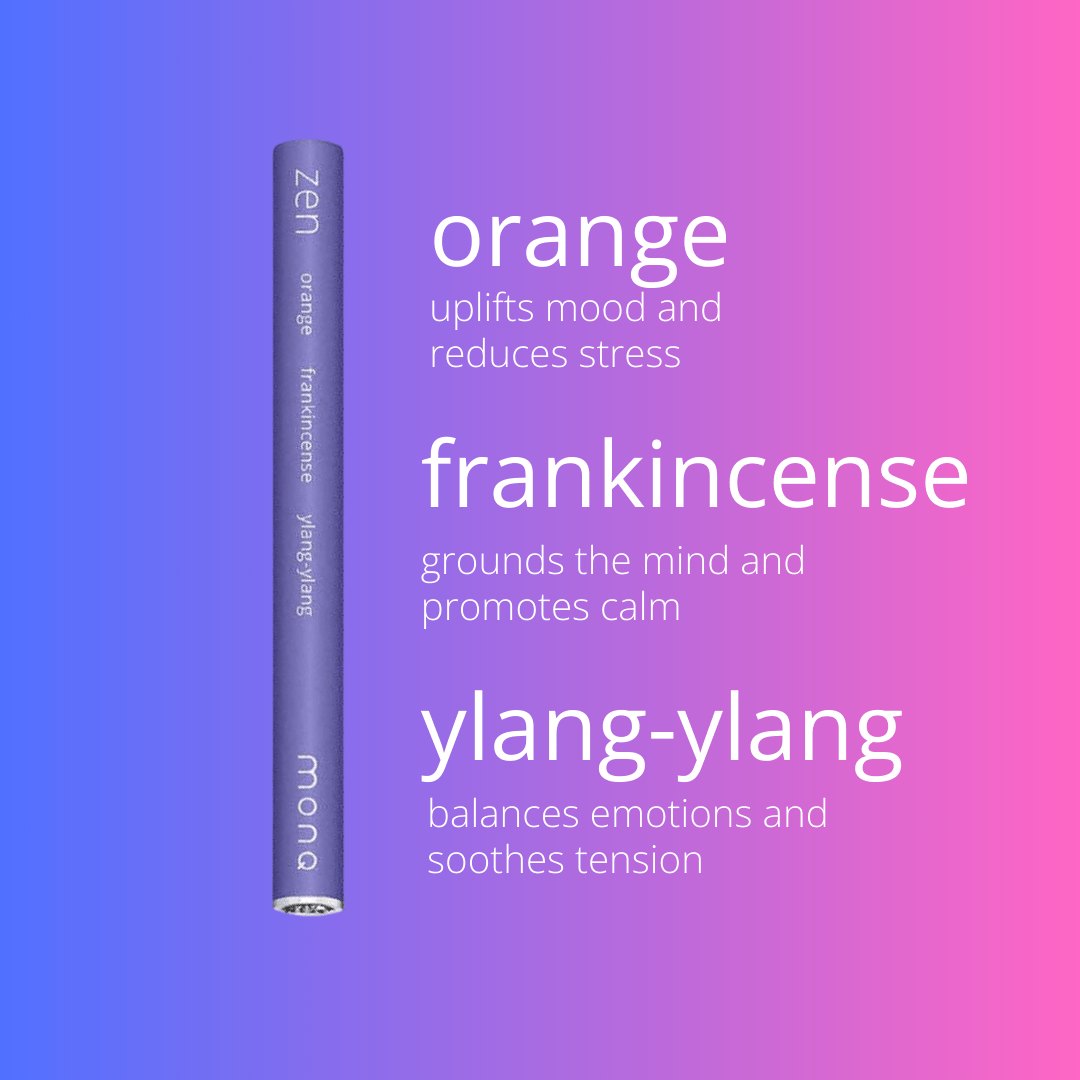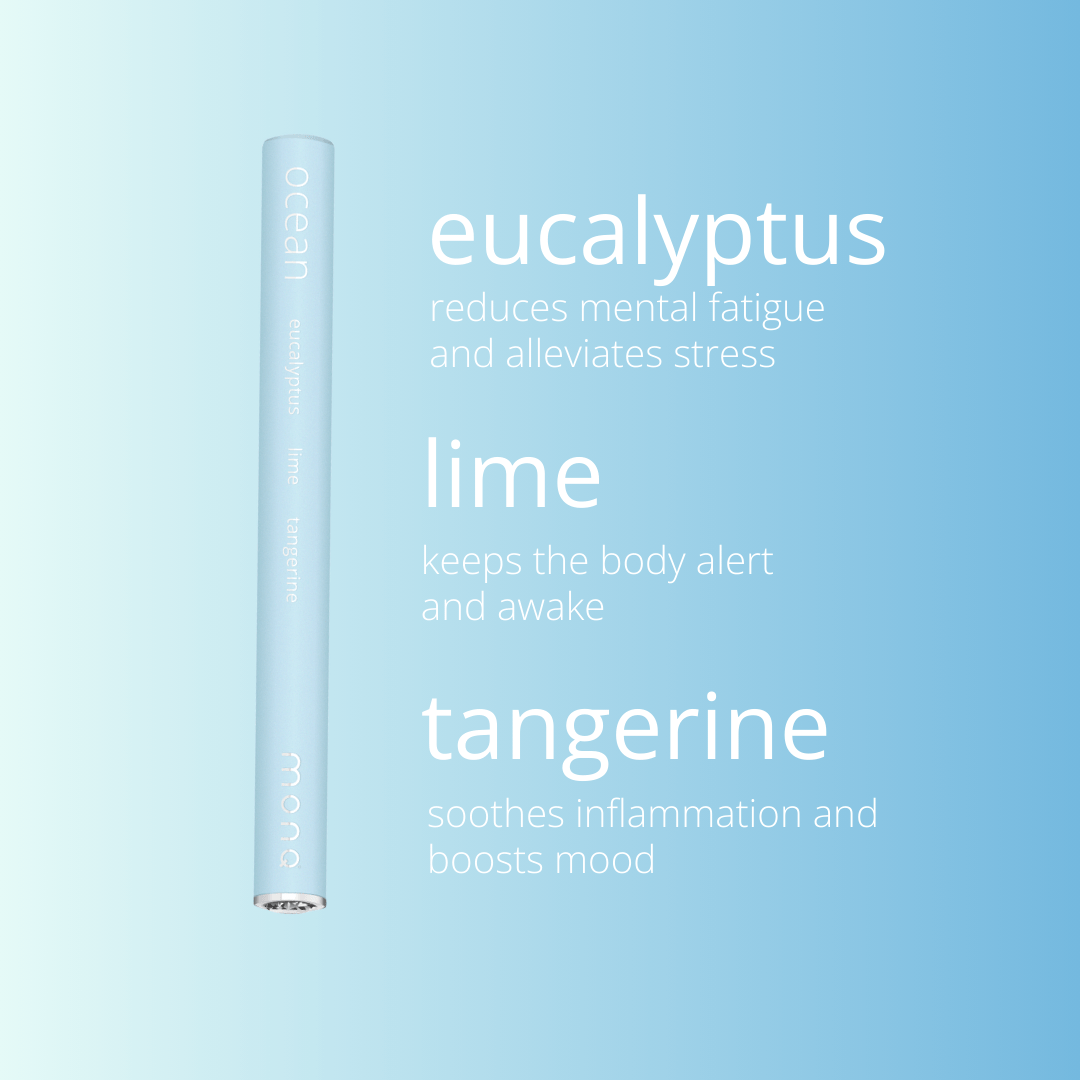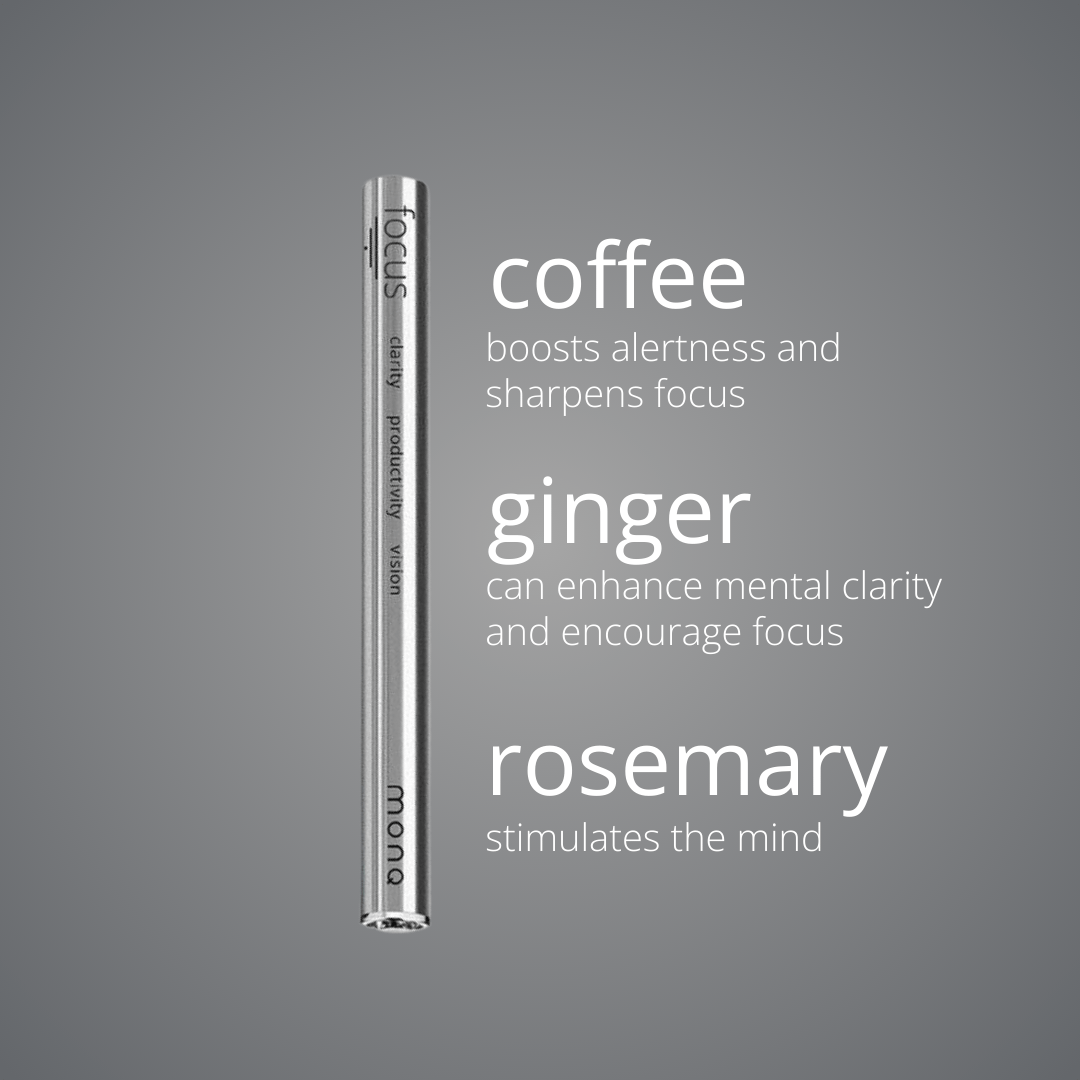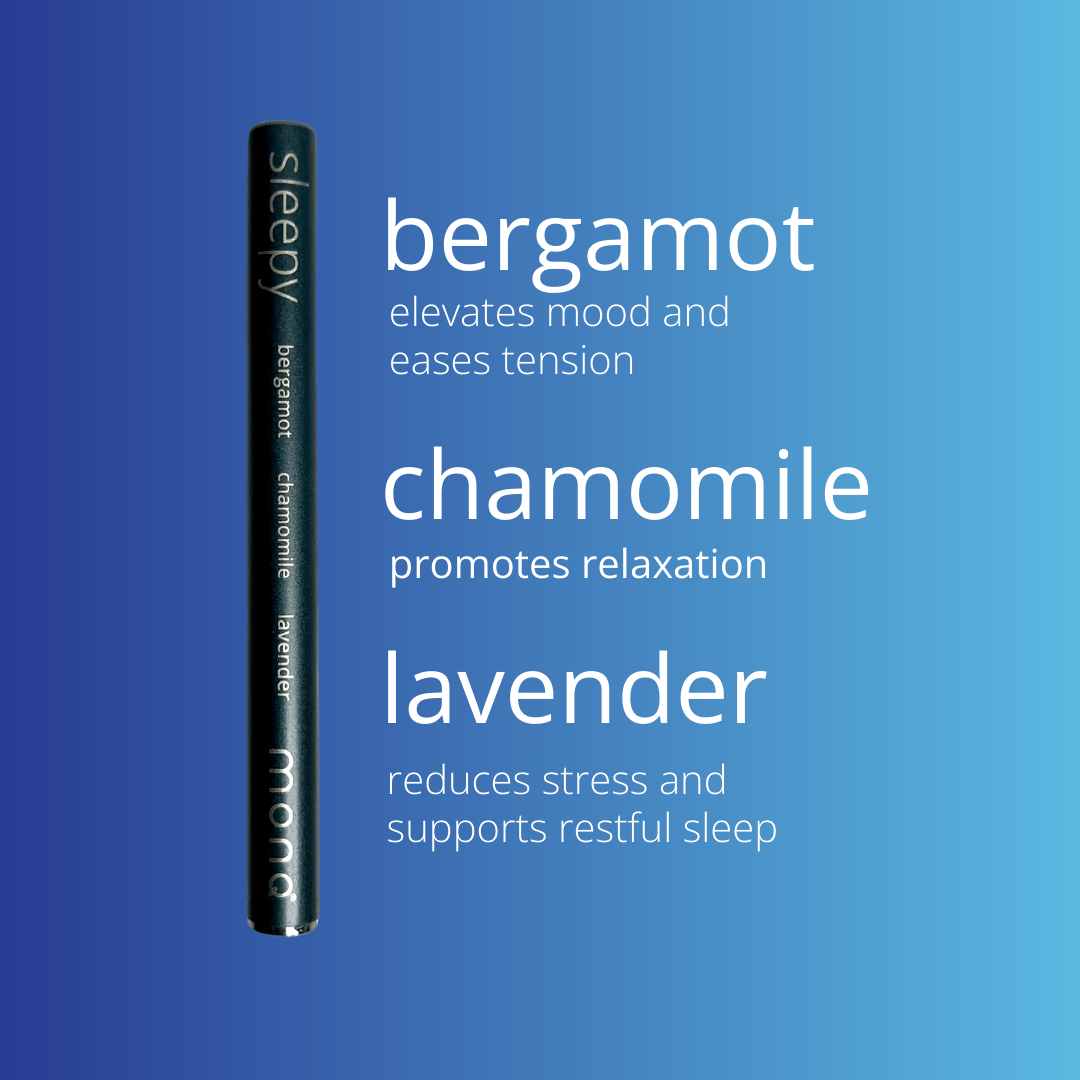Embracing Eco-Friendly Living: Small Changes, Big Impact

Planting trees is often hailed as one of the most selfless acts, and this principle extends to living an eco-friendly life. Committing to environmentally conscious choices not only benefits the planet but also enhances your personal well-being. This article explores simple lifestyle adjustments—particularly in the products you use most frequently—that can improve your health and help you become part of the solution rather than the problem when it comes to the environment.
Why Eco-Friendly Living Matters
With over seven billion people on Earth moving towards increasingly materialistic lifestyles, our individual choices have a profound impact on the environment. Adopting eco-friendly habits is crucial in today’s world.
Eco-friendly living means making thoughtful choices that consider the environmental impact of your actions. By being mindful of how you use resources and dispose of waste, you can reduce your environmental footprint. This can start with small, manageable changes, such as turning off unused lights, recycling, and conserving water.
What Are Eco-Friendly Products?
Eco-friendly products are designed to minimize environmental harm during their production, use, and disposal. Beyond their long-term environmental benefits, many of these products can also improve your health and enhance your daily life.
At first glance, eco-friendly products might seem expensive or complicated to incorporate into your routine. However, you don’t need to overhaul everything at once. Instead, focus on areas where your efforts will be most effective. Here’s a guide to help you integrate eco-friendly products into your life without breaking the bank.
Reducing Landfill Waste
One of the most impactful changes you can make is to reduce the amount of waste you send to landfills. Single-use plastics, such as food wrappers, drink containers, and shopping bags, contribute significantly to environmental pollution. Here are some alternatives:
-
Biodegradable Shopping Bags: Swap plastic bags for reusable cloth sacks. They’re durable, stylish, and better for the environment.
-
Reusable Containers: Choose durable options like stainless steel, aluminum, glass, or ceramic for items like water bottles and soap dispensers. Buying in bulk can also cut down on waste.
-
Recycled Fabric Clothing: Opt for clothing made from recycled materials to reduce the environmental impact of synthetic fabrics.
Minimizing Toxic Pollution and Emissions
Household products might seem harmless, but their cumulative impact can be significant. Here’s how you can make a difference:
-
Non-Toxic Cleaning Products: Traditional cleaning agents often contain harmful chemicals. Consider switching to eco-friendly options or natural alternatives like vinegar, baking soda, and essential oils.
-
Emission-Saving Products: Use energy-efficient products such as solar-powered chargers, LED light bulbs, and rechargeable batteries to reduce energy consumption and lower your utility bills.
Conserving Water
The United Nations has warned of potential water shortages affecting over two billion people in the coming decades. You can start conserving water today with these tips:
- Water-Saving Appliances: Invest in appliances like dishwashers with efficient steam cycles and shower heads with timers to reduce water usage. While water may seem abundant in some areas, conserving it is crucial for the planet’s future.
Final Thoughts
Change doesn’t happen overnight, and reversing environmental damage will take time. However, small, incremental improvements can make a significant difference. You may not be able to implement every suggestion, but every step you take towards a greener lifestyle is a step in the right direction. Encourage others to join you in making small changes for a cleaner, healthier planet.








Leave a comment